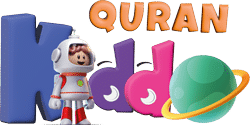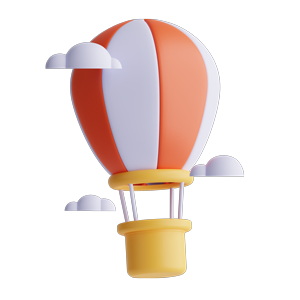There is no learner who comes and goes to a scholar’s house unless Allah awards him one year pray for every step he takes (to there).
Prophet Muhammad (S)
Teaching the Holy Quran to kids is a noble responsibility that requires patience and dedication. It’s an opportunity to instill valuable morals and principles from a young age.
Importance of Teaching the Grand Quran to Kids
Spiritual Foundation
One of the key aspects of teaching the Sacred Quran to kids is instilling a love and reverence for Allah in their hearts.
The Glorious Quran teaches us that Allah is the creator of the universe, the sustainer of all things, and the source of all wisdom and knowledge.
By teaching our children about Allah’s attributes and teachings, we are helping them to develop a deep and meaningful relationship with their Creator. This connection with Allah will provide them with a sense of security, comfort, and guidance in times of need.
Another important aspect of teaching the Noble Quran to kids is instilling a sense of morality and ethics in their hearts. Quran is filled with timeless wisdom and guidance on how to live a righteous and fulfilling life.
By teaching our children the teachings of the Holy Quran, we are helping them to develop a strong moral compass and a sense of right and wrong.
This will enable them to make wise and ethical decisions in their daily lives, and will help them to navigate the challenges and temptations that they may face as they grow older.
Furthermore, teaching the Noble Quran to kids helps to instill in them a sense of purpose and direction in life.
Quran teaches us that we are created to worship and serve Allah, and that our ultimate goal in life is to seek His pleasure and to attain His mercy and forgiveness.
By teaching our children the teachings of the Grand Quran, we are helping them to understand their place in the world, and to strive towards fulfilling their purpose as servants of Allah. This sense of purpose and direction will give them a sense of meaning and fulfillment in life, and will help them to navigate the ups and downs of life with confidence and resilience.
Cultural and Moral Values
The Pure Quran, the holy book of Islam, is the guidance for Muslims on how to live a righteous and moral life. Teaching the Holy Quran to kids is of utmost importance as it instills in them cultural and moral values that will shape their character and behavior as they grow.
The Noble Quran is not just a religious text, but it is a comprehensive guide to life, covering all aspects of human existence.
One of the key cultural values that the Noble Quran teaches is respect for diversity.
Islam is a religion that values diversity and teaches its followers to treat all people with respect, regardless of their race, ethnicity, or religion.
By teaching kids the Holy Quran, we are instilling in them the values of tolerance and acceptance, which are essential in today’s multicultural society.
Another important cultural value that the Sacred Quran teaches is the importance of family and community. The Glorious Quran emphasizes the importance of maintaining strong ties with family members and helping those in need.
By teaching kids the Pure Quran, we are teaching them the importance of caring for others and working together for the greater good.
In addition to cultural values, the Noble Quran also teaches moral values that are essential for kids to develop into responsible and ethical individuals. One of the most important moral values that the Grand Quran teaches is honesty.
The Glorious Quran emphasizes the importance of speaking the truth and being honest in all dealings. By teaching kids the Heavenly Quran, we are instilling in them the value of honesty, which is crucial for building trust and integrity.
The Sacred Quran also teaches the importance of humility and kindness. It teaches kids to be humble and not to boast about their achievements. It also teaches them to be kind and compassionate towards others, especially those in need.
By teaching kids the Holy Quran, we are teaching them the importance of being humble and kind, which are important qualities to have in building positive relationships with others.
Furthermore, the Heavenly Quran teaches kids the value of patience and perseverance.
Life is full of challenges and obstacles, and the Pure Quran teaches kids to be patient and to never give up in the face of adversity. By teaching kids, the Entire Quran, we are teaching them the value of resilience and determination, which are essential for facing life’s challenges with courage and strength.
Lifelong Impact
Teaching the Noble Quran to kids has a lifelong impact that cannot be understated. The Pure Quran is not just a religious text, but a guide for living a righteous and fulfilling life.
By instilling the teachings of the Grand Quran in children from a young age, we are setting them on a path towards spiritual growth and moral development.
The importance of teaching the Heavenly Quran to kids lies in its ability to shape their character and values. It teaches them compassion, patience, humility, and respect for others.
These qualities are essential for navigating the challenges of life with grace and integrity.
Furthermore, learning the Glorious Quran helps children develop a strong connection to their faith and identity.
It instills in them a sense of purpose and belonging that will stay with them throughout their lives.
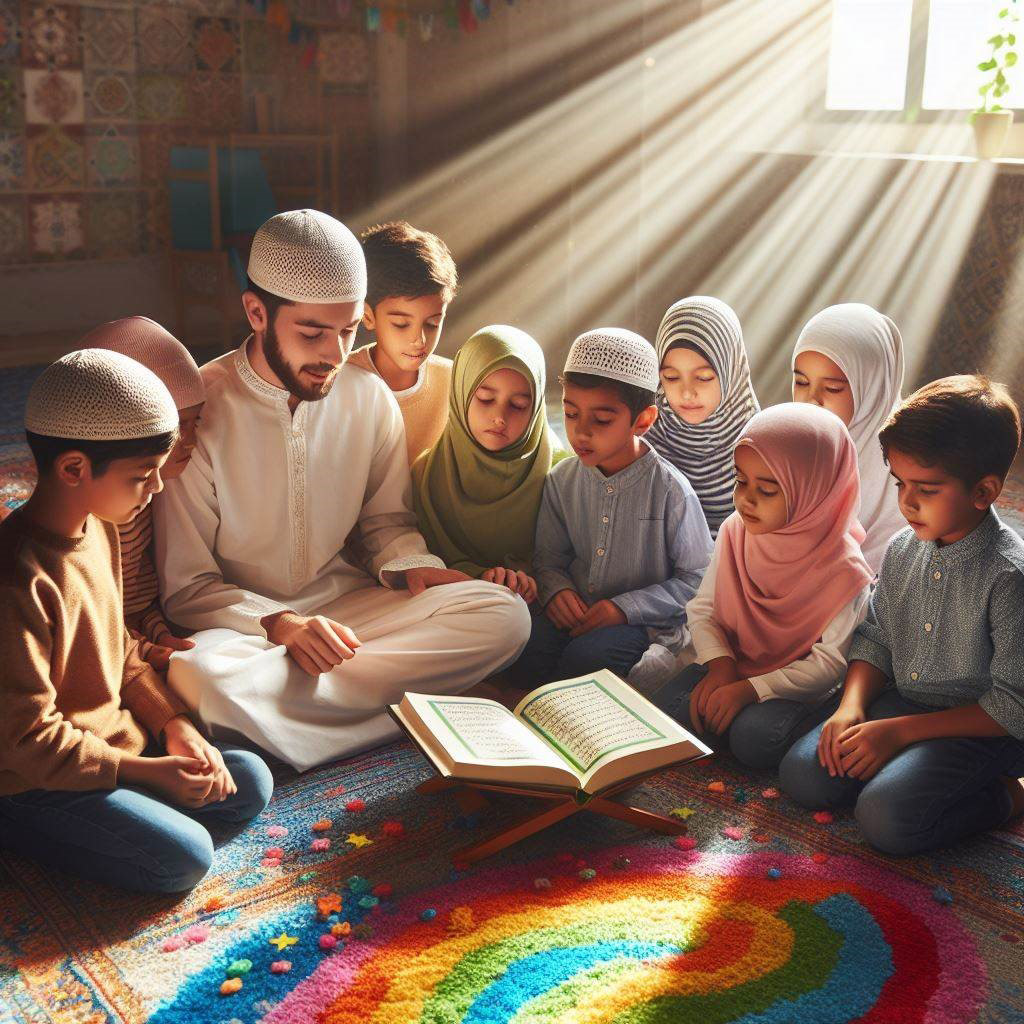
Curriculum for Teaching the Sacred Quran to Kids
Structured Learning Plan
A structured learning plan is crucial for teaching the Holy Quran to kids because it provides a clear road map for both teachers and students.
By outlining the key concepts, lessons, and activities that will be covered, a structured plan helps ensure that students receive a well-rounded education on Quran. This approach also helps teachers stay organized and on track, allowing them to track their progress and make adjustments as needed.
When developing a structured learning plan for teaching the Grand Quran to kids, it is important to consider the age and level of the students.
Young children may benefit from a more interactive and hands-on approach, while older students may require more advanced materials and discussions.
By tailoring the curriculum to the specific needs and abilities of the students, teachers can ensure that they are providing an engaging and effective learning experience.
In addition to age-appropriate content, a structured learning plan should also include a variety of teaching methods and activities to keep students engaged and interested.
This could include using videos, games, and storytelling to bring the teachings of Quran to life for young children.
It is also important to provide opportunities for students to ask questions, participate in discussions, and apply their learning in real-life situations.
Another important aspect of a structured learning plan for teaching Quran to kids is regular assessment and feedback.
By regularly evaluating students’ progress and understanding of the material, teachers can identify any areas that may need additional focus and provide targeted support to help students succeed.
Feedback from students can also be valuable in identifying what is working well and what could be improved in the curriculum.
Interactive Activities
The Sacred Quran is the holy book of Islam and is considered to be the divine guidance for all Muslims. Teaching the Grand Quran to children is a fundamental part of their religious education and upbringing. In order to make learning the Glorious Quran an engaging and interactive experience for kids, incorporating interactive activities as a curriculum can be highly beneficial.
One of the key advantages of using interactive activities in teaching the Pure Quran to children is that it helps to make the learning process fun and enjoyable. Children are naturally curious and eager to explore new things, and interactive activities provide them with the opportunity to engage with the Grand Quran in a hands-on way.
This can help to spark their interest in the Holy Quran and motivate them to learn more about their faith.
Interactive activities also help children to better understand and remember the teachings of Quran. By incorporating activities such as games, puzzles, and role-playing exercises, children are able to engage with the material in a way that is meaningful and relevant to them. This can help them to internalize the lessons of Quran and apply them to their daily lives.
Furthermore, interactive activities can help children to develop important skills such as critical thinking, problem-solving, and communication.
By engaging in activities that require them to think critically and work together with their peers, children are able to develop these skills in a fun and engaging way.
This can help them to become more confident and independent learners, and better able to navigate the complexities of the world around them.
Incorporating interactive activities as a curriculum for teaching the Noble Quran to children can also help to create a sense of community and belonging.
By working together with their peers to complete activities and projects related to the Holy Quran, children can develop a sense of camaraderie and shared purpose.
This can help to foster a strong sense of community and connection among students, and create a supportive learning environment where children feel safe and valued.
Age-Appropriate Content
Teaching the Sacred Quran to kids is a sacred and important task for parents and educators in the Muslim community. It is imperative to consider the age-appropriateness of the content being taught to ensure that children can comprehend and internalize the teachings of the Holy Quran.
This essay will discuss why age-appropriate content is essential in teaching the Glorious Quran to kids and how it can be incorporated into the curriculum.
First and foremost, children have different levels of cognitive and emotional development depending on their age. Therefore, it is crucial to tailor the content of the Grand Quran to their level of understanding. Teaching complex and abstract concepts to young children may lead to confusion and misunderstanding, which can impede their ability to grasp the teachings of the Glorious Quran.
By presenting the content in a way that is suitable for their age, children are more likely to engage with the material and develop a deeper understanding of the Quranic teachings.
Furthermore, age-appropriate content helps children relate the teachings of the Pure Quran to their own lives. By using examples and stories that are relevant to their experiences, children can better connect with the message of the Grand Quran and apply it to their daily lives.
For example, teaching younger children about basic moral principles such as kindness and honesty can help them develop a strong foundation for understanding more complex concepts as they grow older.
Incorporating age-appropriate content into the curriculum also ensures that children are not exposed to material that may be too mature or sensitive for their age.
The Noble Quran contains a wealth of information on a wide range of topics, including morality, spirituality, and law.
While it is important for children to learn about these topics, it is equally important to present them in a way that is suitable for their age and level of maturity.
By carefully selecting and adapting the content of the Sacred Quran, educators can create a curriculum that is both engaging and informative for children.
There are several ways to incorporate age-appropriate content into the curriculum for teaching the Noble Quran to kids.
One approach is to use storytelling and interactive activities to bring the teachings of Quran to life. For example, educators can use children’s books and multimedia resources to engage students in discussions about the stories and lessons found in Quran.
By presenting the content in a creative and accessible way, children are more likely to remember and internalize the teachings of Quran.
Another approach is to focus on teaching basic concepts and principles that are easy for children to understand. For example, educators can introduce children to the importance of prayer, fasting, and charity in Islam, and encourage them to practice these principles in their daily lives.
By focusing on practical and relatable teachings, children can develop a strong foundation in their understanding of the Holy Quran.
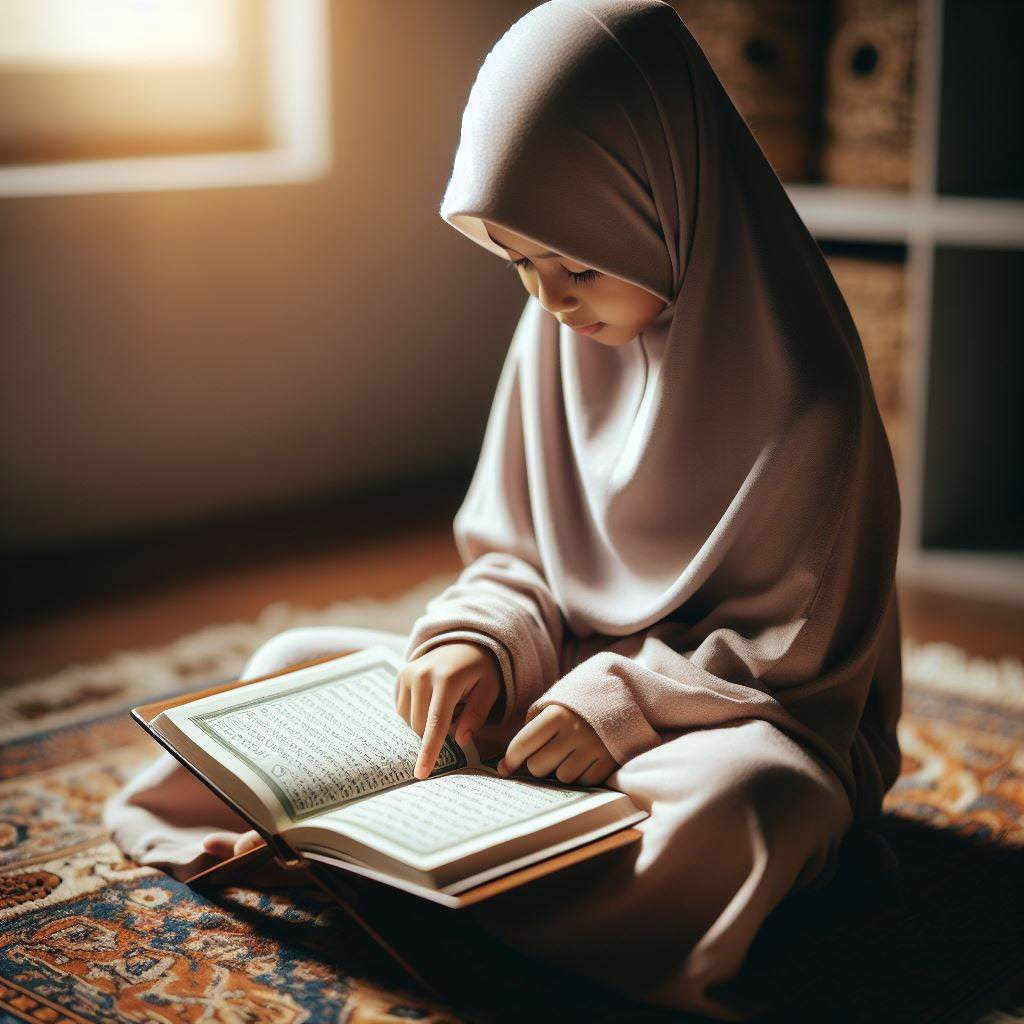
Progress Tracking
Progress tracking involves monitoring and assessing a child’s development and understanding of the Noble Quran over time. This can be done through various methods such as quizzes, tests, oral recitations, and written assignments.
By incorporating progress tracking into the curriculum, teachers can gauge each child’s strengths and weaknesses in learning Quran and tailor their teaching methods accordingly.
One of the main benefits of progress tracking in teaching the Holy Quran to kids is that it provides a clear and measurable way to monitor a child’s progress. By setting specific goals and milestones for each child, teachers can track their progress and provide feedback on areas that need improvement.
This helps children stay motivated and focused on their learning goals, as they can see their progress and celebrate their achievements along the way.
Moreover, progress tracking can also help teachers identify any gaps in a child’s understanding of the Noble Quran and address them promptly.
By regularly assessing a child’s knowledge and skills, teachers can adjust their lesson plans and teaching methods to ensure that each child is receiving the support they need to succeed in learning Quran.
Another advantage of using progress tracking as a curriculum for teaching the Glorious Quran to kids is that it promotes accountability and responsibility in their learning.
By setting clear expectations and goals for each child, teachers can encourage them to take ownership of their learning and strive to improve their skills. This helps children develop a sense of responsibility and discipline in their studies, which can benefit them throughout their academic and professional careers.
Evaluating the Progress of Kids in Quran Learning
Evaluative Tools
One of the most common evaluative tools used to assess the progress of kids in Quran learning is the memorisation of specific verses or chapters.
Children are typically given assignments to memorize certain verses or chapters of the Noble Quran and are then tested on their ability to recite them accurately. This method not only gauges the child’s memory retention skills but also their pronunciation and fluency in reciting the verses.
Another evaluative tool that is often used is the comprehension of the Quranic message.
Children are tested on their understanding of the meanings and teachings of the Quranic verses they have memorized.
This allows teachers to assess whether the child is able to grasp the fundamental concepts and morals conveyed in Quran.
Additionally, listening and recitation assessments are commonly used to evaluate a child’s progress in Quran learning. Children are asked to recite verses or chapters of the Holy Quran aloud, and teachers assess their pronunciation, fluency, and expression.
This helps gauge the child’s ability to recite the Grand Quran in a melodious and correct manner, as is traditionally done in Islamic practice.
Furthermore, written assessments can be used to evaluate a child’s progress in Quran learning. Children may be asked to write down Quranic verses from memory, complete fill-in-the-blank exercises, or answer questions about the meanings and teachings found in specific verses. These assessments help gauge the child’s ability to retain and apply the knowledge they have gained from Quranic study.
Periodic Assessments
Quran learning is a fundamental aspect of a Muslim’s life, and it is essential for children to start learning the Sacred Quran from a young age.
However, just like any other subject, it is important to assess the progress of children in Quran learning to ensure that they are understanding and retaining the information being taught to them.
Periodic assessments are a valuable tool for evaluating the progress of kids in Quran learning.
Periodic assessments involve conducting regular tests or quizzes to gauge the understanding and retention of information by students.
These assessments can take various forms, such as written tests, oral exams, recitation assessments, and even practical demonstrations of Quranic knowledge. By implementing periodic assessments in Quran learning, teachers can identify areas of strength and weakness in children’s understanding of the Noble Quran and tailor their teaching methods accordingly.
One of the key benefits of using periodic assessments in the Holy Quran learning is that they provide a measure of the child’s progress over time.
By comparing the results of assessments taken at different points in time, teachers can track the child’s development in Quranic knowledge and skills.
This allows for a more comprehensive evaluation of the child’s learning journey and helps parents and teachers identify areas that may require additional attention or support.
Another advantage of using periodic assessments in Quran learning is that they help motivate children to stay engaged and focused on their studies.
Knowing that they will be tested on their knowledge of the Sacred Quran periodically encourages children to pay attention during lessons, revise regularly, and practice their recitation skills.
This helps create a more disciplined approach to Quran learning and fosters a sense of responsibility and commitment in children towards their religious education.
Furthermore, periodic assessments in Quran learning provide valuable feedback to both teachers and parents.
Teachers can use the results of assessments to adjust their teaching methods, modify lesson plans, and provide targeted support to individual students as needed.
Parents can also use the feedback from assessments to monitor their child’s progress, identify areas of improvement, and support their child’s learning outside of the classroom.
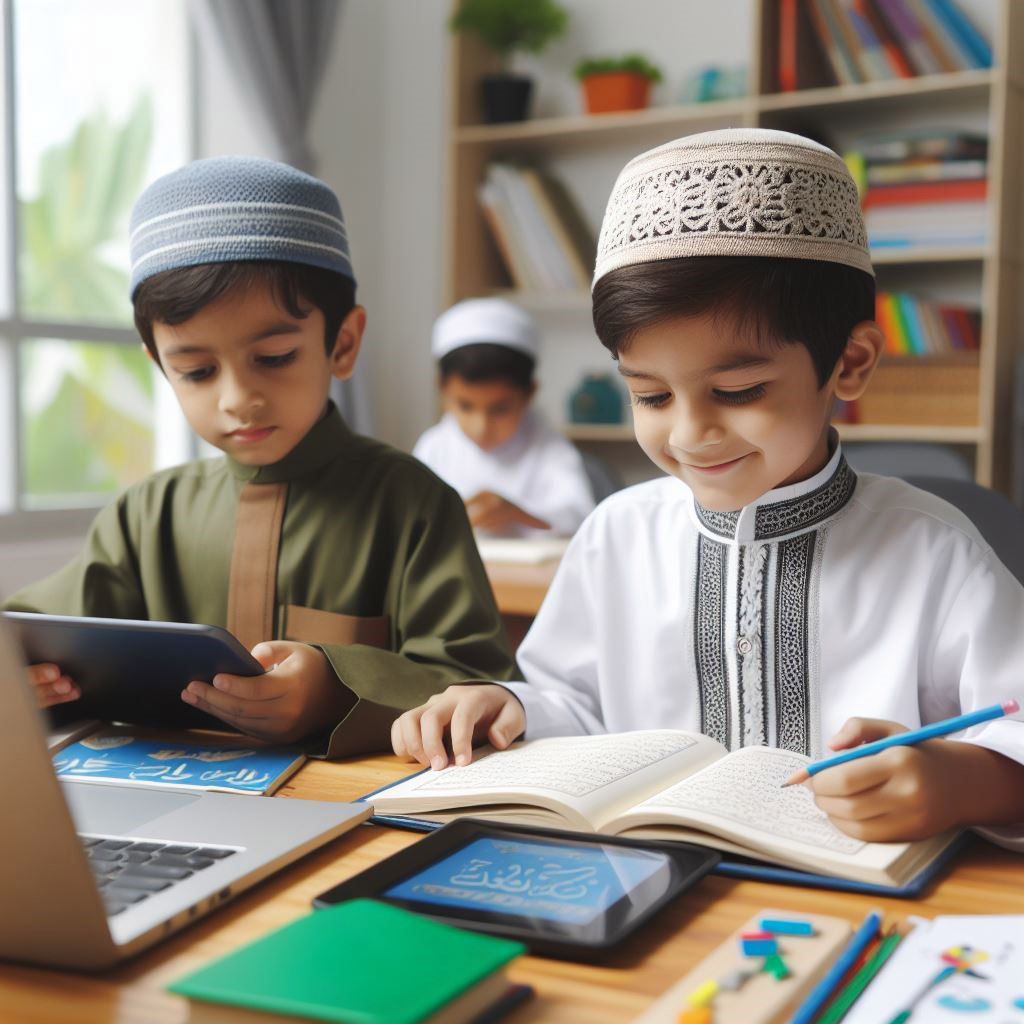
Tracking Development
As parents and educators, we all want to ensure that our children are reaching their full potential in every aspect of their lives.
One area that is of particular importance to many families is the learning and memorization of the Holy Quran.
This sacred text holds significant value for Muslims around the world, and it is essential that children are able to understand and recite it properly.
One way to evaluate the progress of children in Quran learning is through the method of tracking development.
By keeping track of a child’s progress in memorization, recitation, and understanding of the Noble Quran, parents and educators can more accurately assess where the child may be struggling and where they are excelling.
This tracking allows for targeted interventions to help the child improve in areas where they may be falling behind.
Furthermore, tracking development can also serve as a motivation tool for children.
When they are able to see their progress over time, it can inspire them to continue working hard and improve even further.
This sense of accomplishment can boost their confidence and encourage them to take their Quran learning seriously.
In addition, tracking development can also provide valuable feedback to parents and educators.
By understanding where a child may be struggling, they can adjust their teaching methods to better suit the child’s needs.
This individualized approach can lead to more effective learning and ultimately better outcomes for the child.
Some may argue that tracking development adds unnecessary pressure on children and takes away from the spiritual aspect of Quran learning .
However, it is important to remember that tracking development is not meant to be punitive or judgmental.
Instead, it is a tool to help children reach their full potential and excel in their Quranic studies.
In conclusion teaching the Holy Quran to children requires a thoughtful selection of resources and curriculum that are engaging age-appropriate and effective.
By using the recommended resources mentioned above educators can create a dynamic learning environment that instills a love for the Grand Quran in young hearts.
